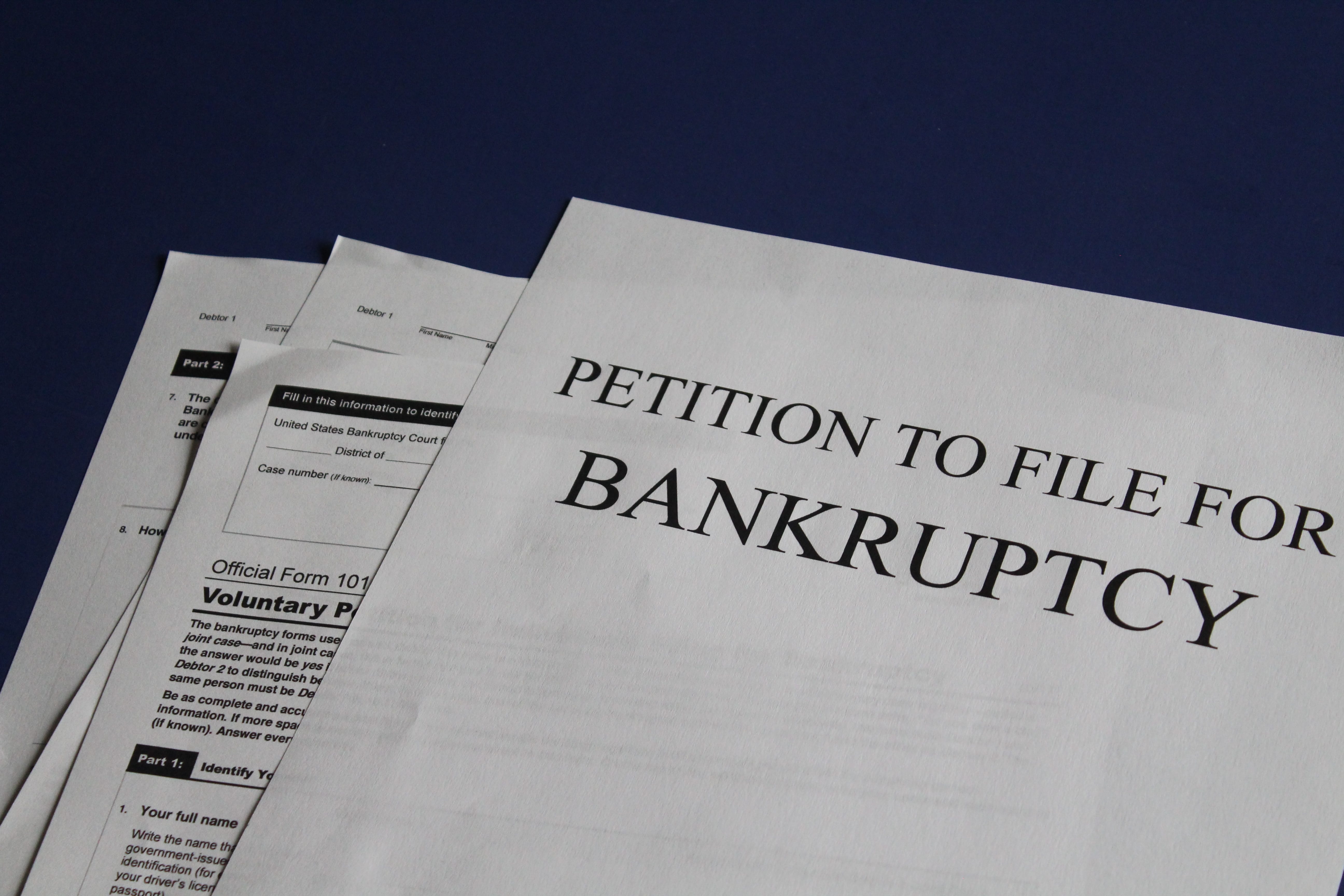Bankruptcy doesn’t mean the end, but in reality a new beginning.
Filing for bankruptcy can be one of the most stressful things someone can do. Understanding the ramifications involved with filing for bankruptcy regarding what to do, your liability, and ethical implications can be incredibly difficult. Fortunately, there is plenty of information out there that can help educate you before you file for bankruptcy to make sure that you go about it in the right way.
What Not To Do Before Filing
Ideally, if you are facing bankruptcy your best bet is to change course to try to avoid having to file for bankruptcy altogether. Talking to your creditors is one solid way to dodge filing for bankruptcy as they will generally have a more difficult time recovering your debt if you’ve filed for bankruptcy. Lenders may be willing to extend terms on your loans or reschedule your payments to be more forgiving for you. You can also refinance your debt, though it is wise to do some homework before you do so as refinancing can sometimes deliver unsatisfactory results and add further complications to your debt.
If avoiding bankruptcy is entirely out of the question, there are some things you should not do before filing bankruptcy paperwork. First, you should make sure that you are not working with a bank that is known for freezing accounts of people who have filed for bankruptcy as it could potentially keep you from accessing your funds. Even making sure that those accounts are exempt during the bankruptcy filing process can take up to 60 days, so it is best to check how your bank handles these situations beforehand. Additionally, don’t begin the process of filing for bankruptcy if you are aware of any large amounts of money that will come your way down the line. If you’re set to receive an inheritance or tax refund, you will need to disclose them if you want to be able to have them be exempt.
Not being upfront or even outright lying about your assets in an attempt to help you qualify is one of the worst things you can possibly do when filing for bankruptcy. Trying to undervalue your assets when filing for bankruptcy not only puts you at risk of having your case dismissed entirely but exposes you to the possibility that you won’t be allowed to file on those debts in the future. Your financial records will eventually land in the hands of a bankruptcy trustee, so it is unlikely that any lies will go undetected.
Remaining Ethical
A lot of people who would benefit greatly from filing for bankruptcy are hesitant to do so because of their ideas about the ethicality of bankruptcy as a whole. First off, it is important to realize that regardless of your personal views on debt forgiveness, bankruptcy plays an extremely important part in the economy. Declaring bankruptcy offers those struggling with huge debts a chance to shake themselves free of debt collectors and start over new. The real issue of ethicality doesn’t come from the act of bankruptcy itself, but from the people who try and take advantage of the system of bankruptcy.
Just as you value ethical taxation at local, state, and federal levels, remaining ethical when filing for bankruptcy not only helps you as it increases the chances of approval but also benefits the system as a whole through the building and maintaining of trust that is needed for it to continue. While the most obviously unethical behavior happens among huge companies like Enron and the investment firm, Lehman, remaining ethical when filing for bankruptcy as a startup or private citizen remains important and only helps in the long run.
Disclosing your debts and providing completed tax returns honestly and accurately can help you get out of debt more easily and do it with a clear conscience. While non-dischargeable debts like student loans and tax debt won’t be forgiven when filing for bankruptcy, the dischargeable debt that you do have is far more likely to be approved in a timely manner if you are upfront about your financial situation from the beginning.

Seeking Out Help
Bankruptcy should obviously be the last resort for you or your business, but that doesn’t mean that when you get to the point where bankruptcy is necessary that it will be a smooth ride through. The process of filing for bankruptcy can be rather confusing for people who have never considered it before and may not even know the difference between chapter 7, chapter 11, and chapter 13 bankruptcy. There is absolutely no shame in seeking out assistance before, during, and even after filing for bankruptcy to ensure that you are going about it the correct way.
One of the biggest issues when filing for bankruptcy is gathering all of the relevant information for review regarding your finances. Using accounting software like Quickbooks or Xero can take some of the stress out of the situation because they are ideal for meticulously recording financial information. These types of software are especially helpful if you are operating a small business and need to keep track of everything from billing management to financial reporting and payroll.
Bankruptcy lawyers are also an incredibly valuable resource to have at your disposal. While it might seem like you’re taking a step in the wrong direction by hiring a lawyer when you are in financial trouble, their benefits are well worth the investment. These specialized lawyers increase your odds of success, can represent you professionally in court, and overall make the entire process easier and smoother.
Bankruptcy doesn’t mean the end, but in reality a new beginning. As long as you go into the filing process with a good amount of knowledge on what you should and shouldn’t do as well as how to remain ethical, chances are that your filing will be approved and you can get on with your life. Having a professional at your side, while not entirely necessary, will help even further and give you a boost of confidence along the way.


Join the conversation!